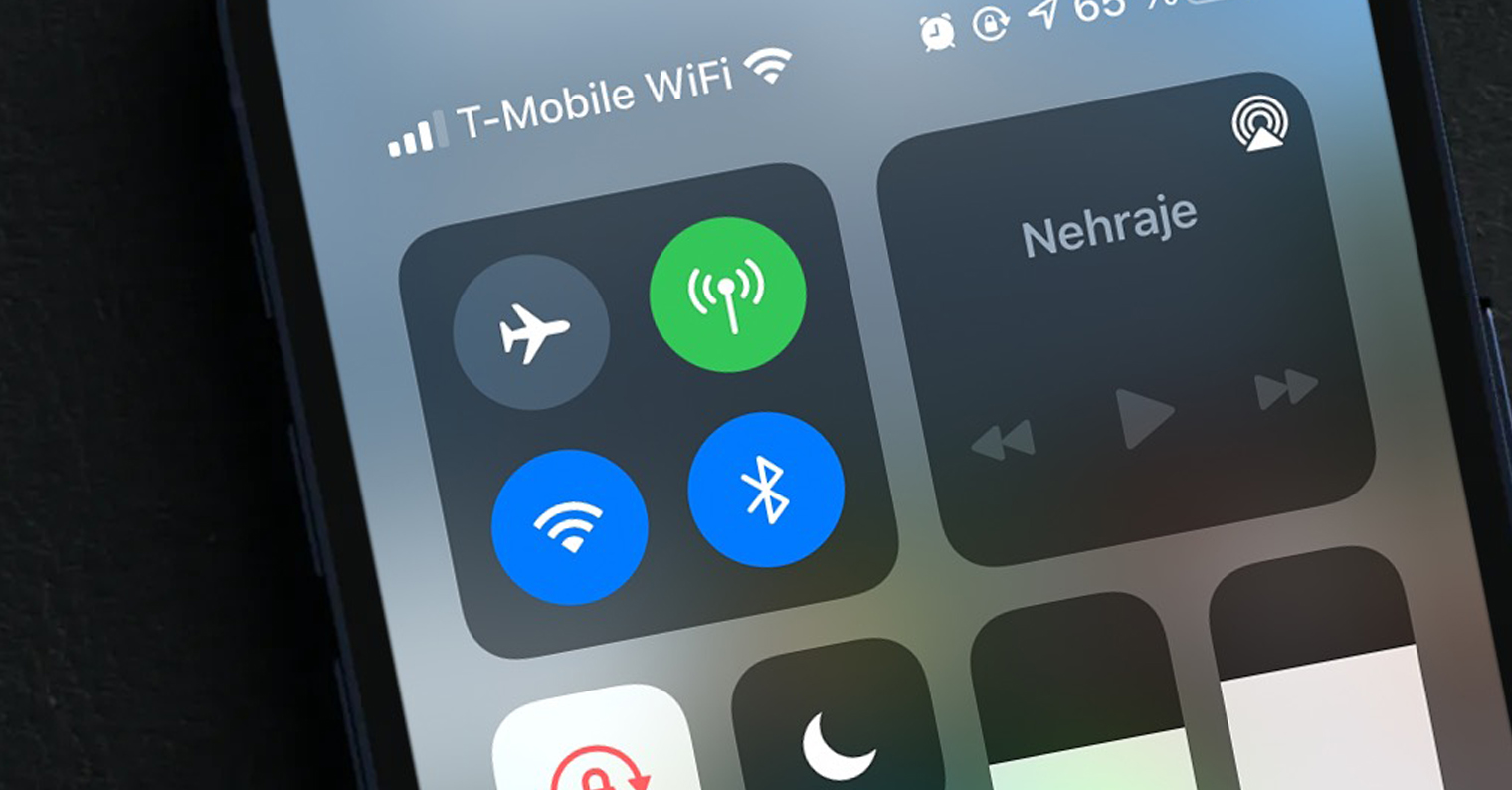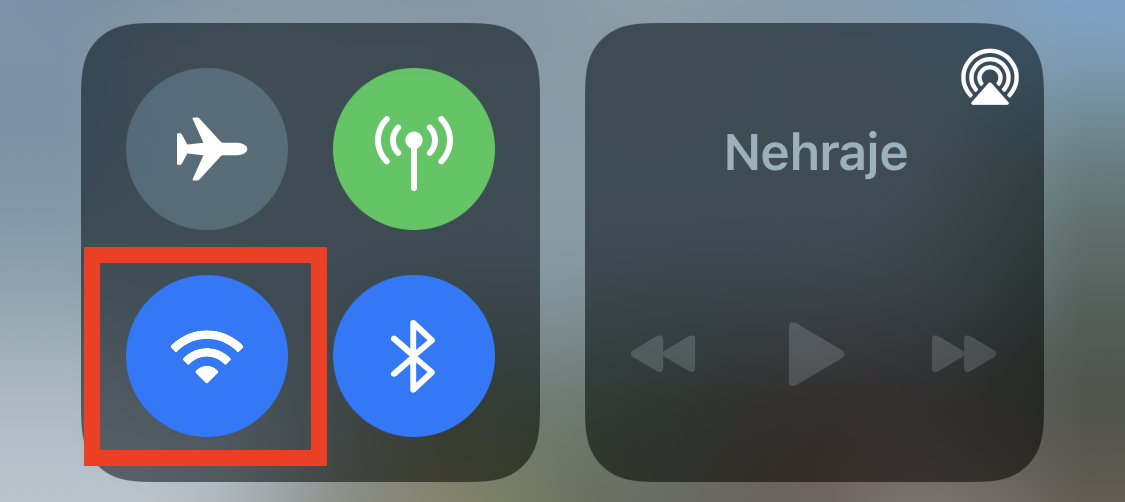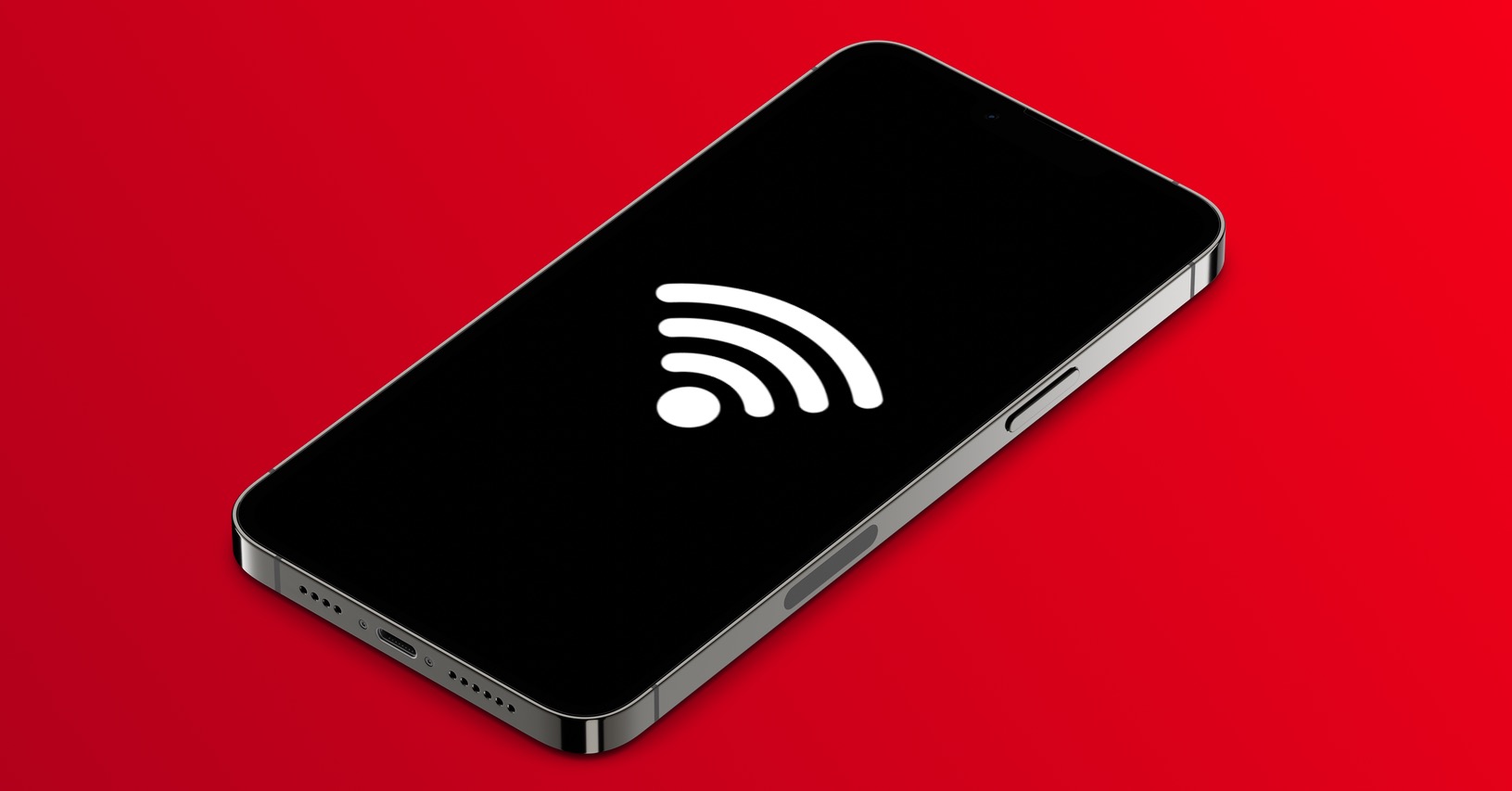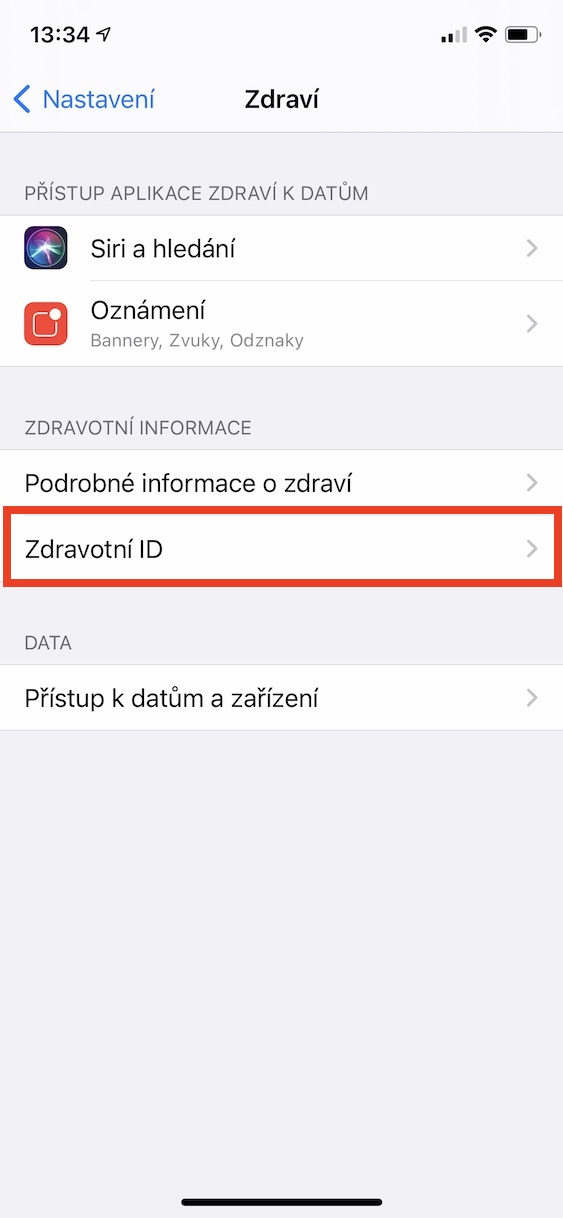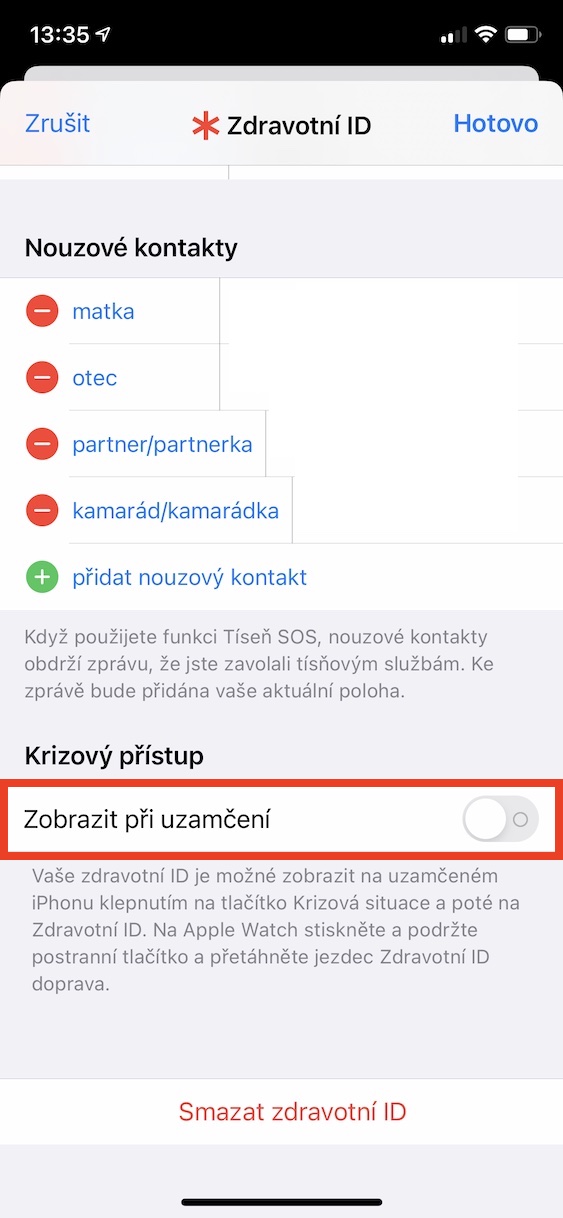Using non-genuine or non-certified chargers and cables
It might be tempting to buy a cheaper non-certified iPhone charger from a Chinese e-shop, but resist it. Using non-certified charging accessories can overcharge the battery and shorten its life, not to mention other safety risks. Experts strongly recommend the use of original charging accessories, or accessories that carry MFi certification.
Not using packaging or case
iPhones in their "naked" beauty certainly look great. However, even the most careful and responsible user can experience all kinds of accidents, which can result in a fall, bump, or other way of damaging the iPhone. Cosmetic defects in the form of scratches are the better scenario in these cases. If you want to protect your iPhone and at the same time make its original appearance stand out, you can get a transparent silicone case or a cover with a tempered glass back.
Exposing the iPhone to extreme temperatures
Treat your iPhone like a small child or a puppy - don't leave it in a car that's too hot or too cold. Likewise, do not leave it in direct sunlight or in the cold. iPhones have a certain operating temperature, and exceeding it in any direction can lead to serious damage. Always take your phone with you and keep it with you if you are in extreme weather.
It could be interest you
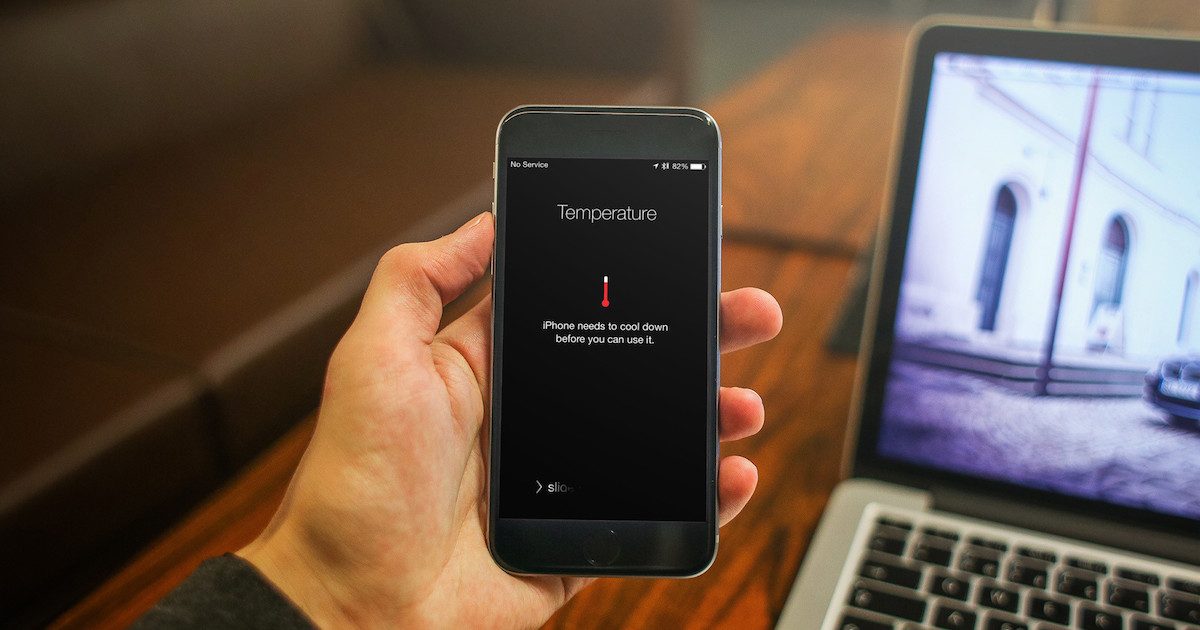
Not backing up with iCloud
Although iPhones are relatively reliable devices, experts point out that the technology is not perfect and can fail at any time. So they recommend paying for enough space on iCloud storage where you can have data from your iPhone regularly backed up just in case.
It could be interest you
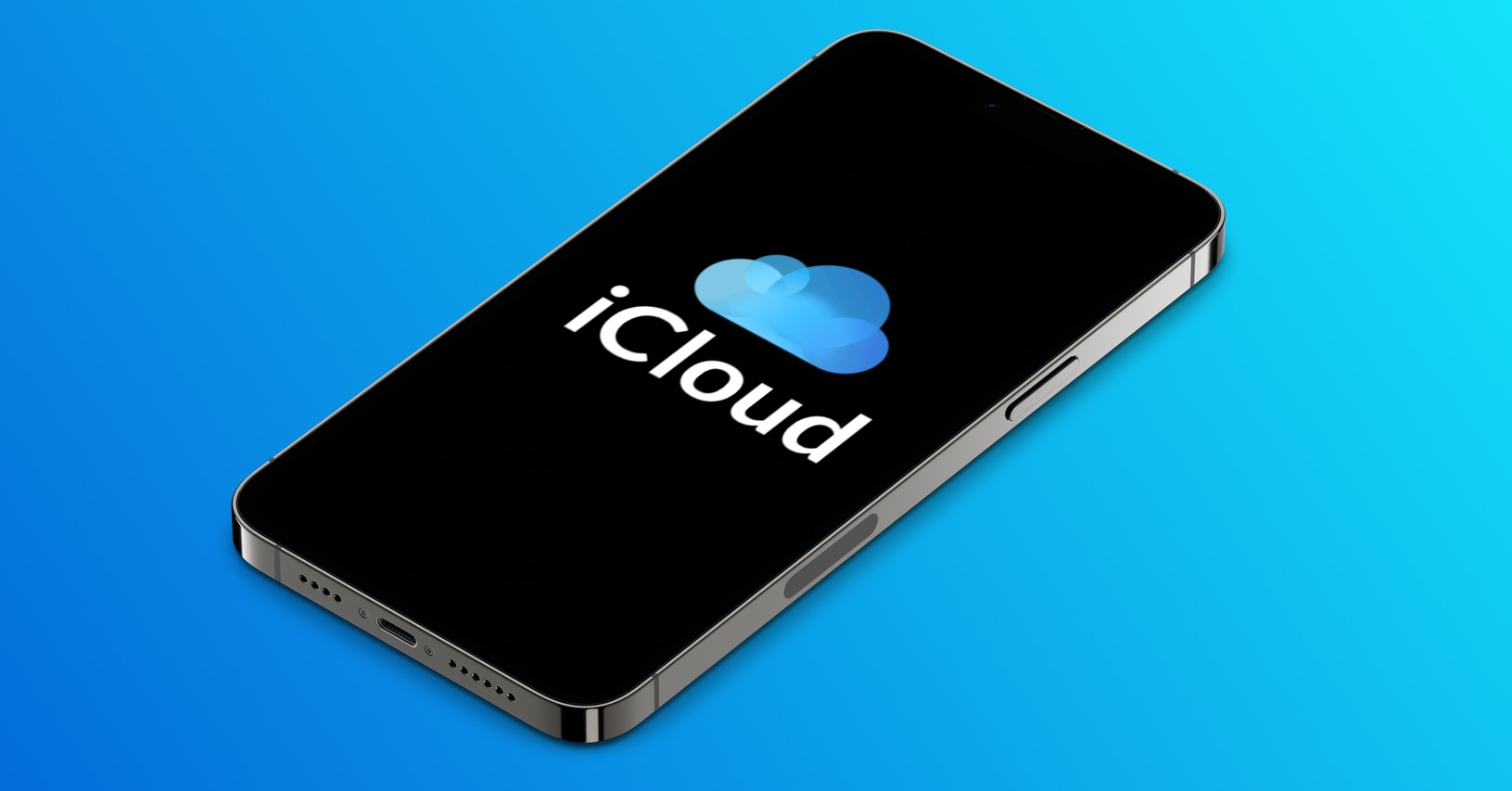
Cleaning the display with unsuitable chemicals
When it comes to cleaning the display, users often approach this step in odd ways. Some people limit themselves to wiping the display with a sweatshirt sleeve a few times a year, others are able to use a sponge and dishwashing detergent, or other cleaners they randomly find at home. Both methods represent an extreme that you should rather not practice. In order to preserve the longevity and quality of your iPhone display, always follow the advice provided by Apple itself and use the appropriate cleaning products.
It could be interest you
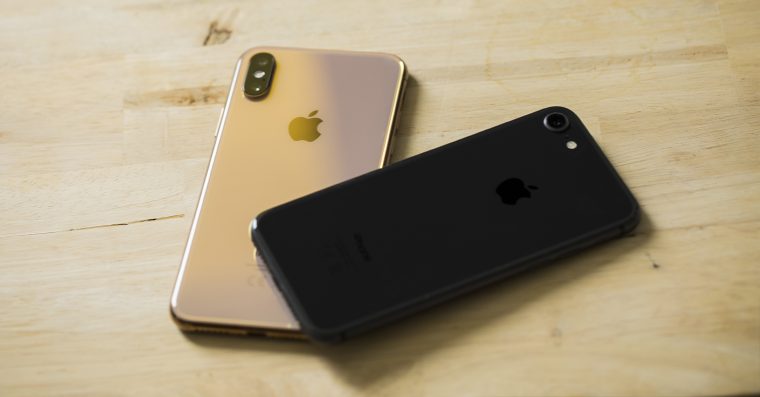
Using disinfectant wipes on the phone
No one likes bacteria on their iPhone, but wiping it down with disinfectant wipes may not always do it any good. Of course, you can disinfect the glass and the body of your iPhone, but under the conditions set by Apple. In addition to the isopropyl alcohol solution, you can use various disinfection boxes.
It could be interest you
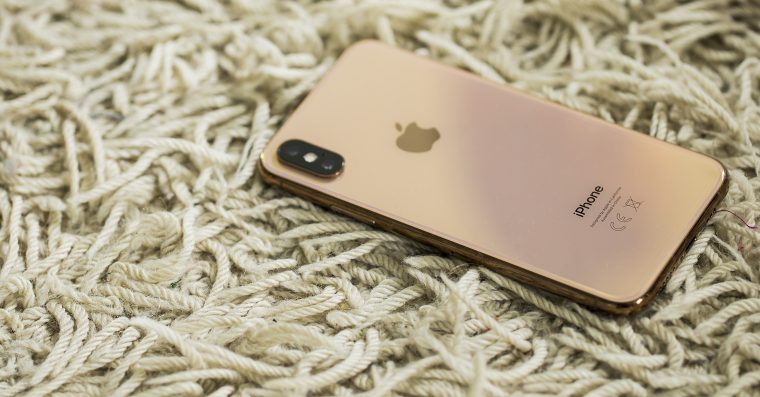
Postponing operating system updates
Hand in hand – the constant prompts to update iOS can be delaying and annoying at times. However, they are often beneficial not only for the performance, but also for the security of your phone, and therefore it is not worth neglecting them or postponing them unnecessarily. It will be ideal if you activate both iOS updates and security patches automatically on your iPhone.
It could be interest you
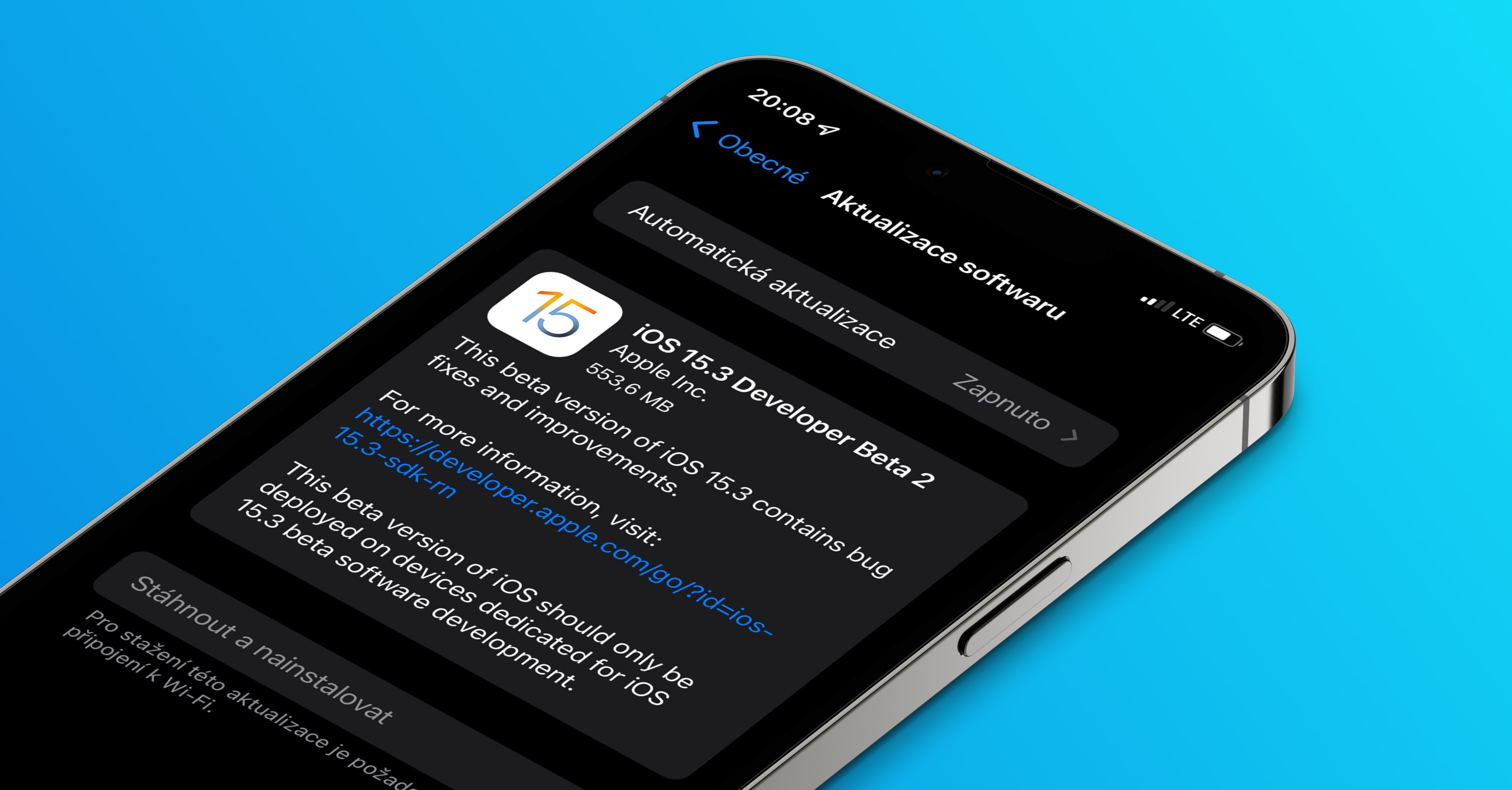
Not closing applications
The good thing about iPhone is that you can easily switch from one app to another. However, you should definitely close apps running in the background as they can have an adverse effect on battery consumption and the performance of your iPhone. If you want to quit a running app, just swipe up and right from the bottom of your iPhone's display and then simply slide the app panel upwards.
It could be interest you
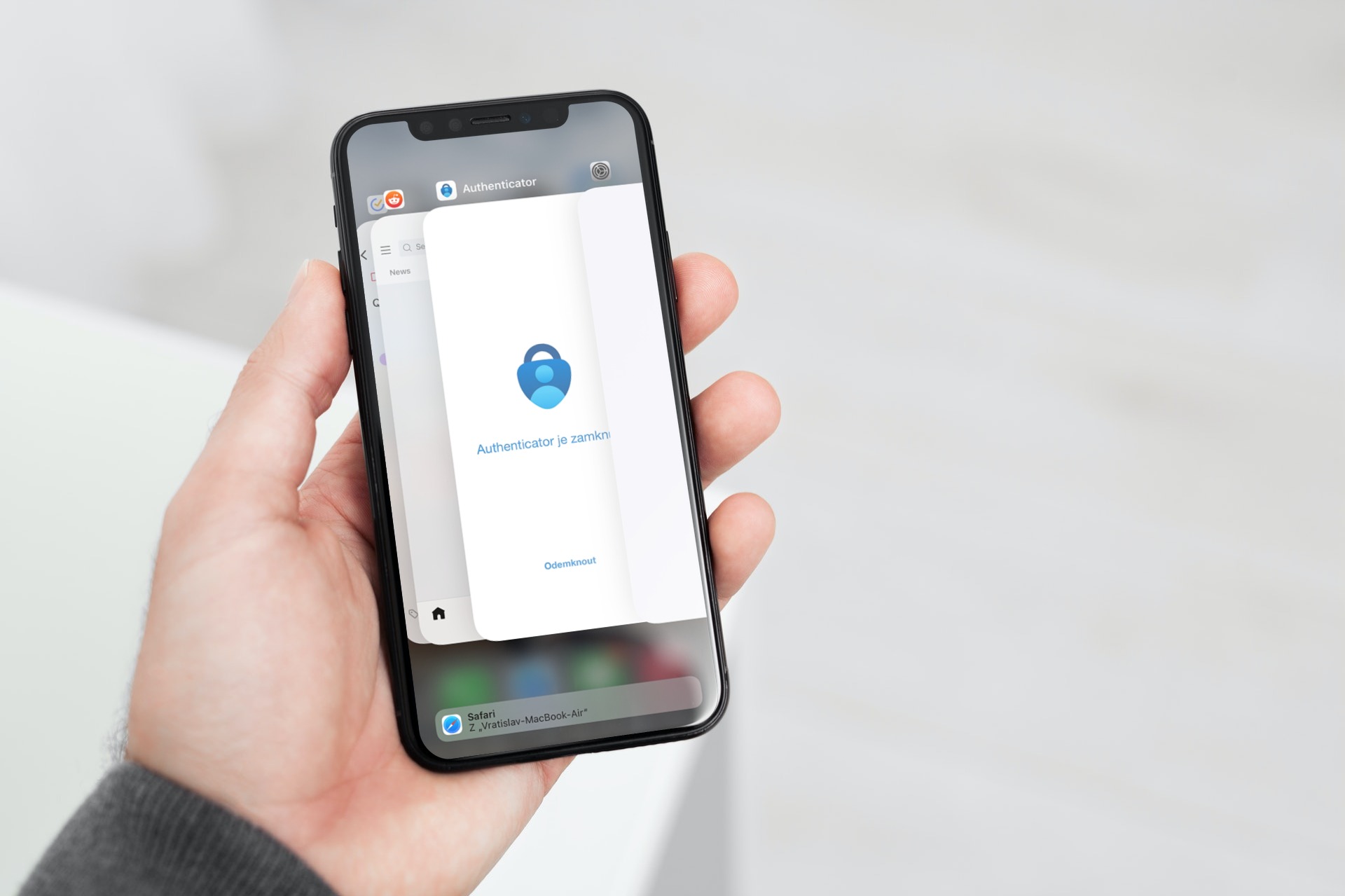
Not updating apps
When you download iOS updates to your iPhone, it only updates the operating system on your iPhone, not the apps. In extreme cases, non-updated apps may experience problematic performance and may not work within the latest iOS version. Therefore, do not forget to set the automatic update of applications, or always check the availability of updates in the App Store.
Neglecting the charging port
We all carry our iPhones in our pockets, backpacks and purses, where small messes and dirt can get into the charging port. These can later cause considerable problems when charging. So pay attention to your iPhone's charging port from time to time and clean it carefully.
Not turning on Find
The native Find app and its related features have undergone some really great changes in recent years, and there's really not a single reason why you shouldn't have it turned on on your iPhone. Thanks to this function, you can not only find a lost iPhone on the map, but also "ring" it, have it remotely erased, locked, or have a message displayed on its display for a possible finder.
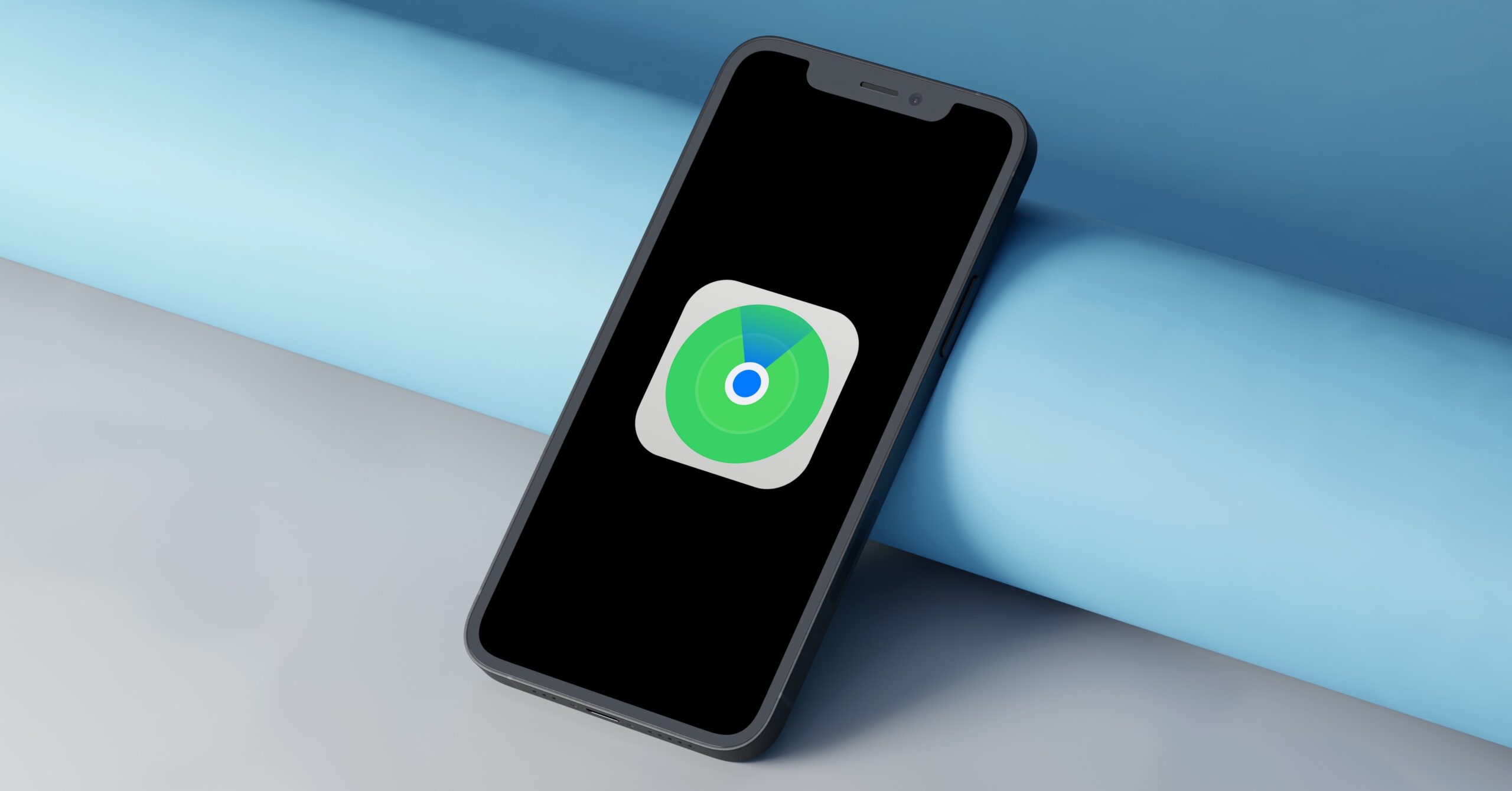
Not knowing the Apple ID and password
It may seem strange to some of you, but there are indeed users who over the years of using their iPhone forget not only their password, but sometimes even their Apple ID. Knowledge of these two things is crucial in case of theft or loss of the device, for the purpose of activating certain functions and services, or perhaps during authentication. If you don't remember your Apple ID password, we have a guide on how to reset it.
It could be interest you
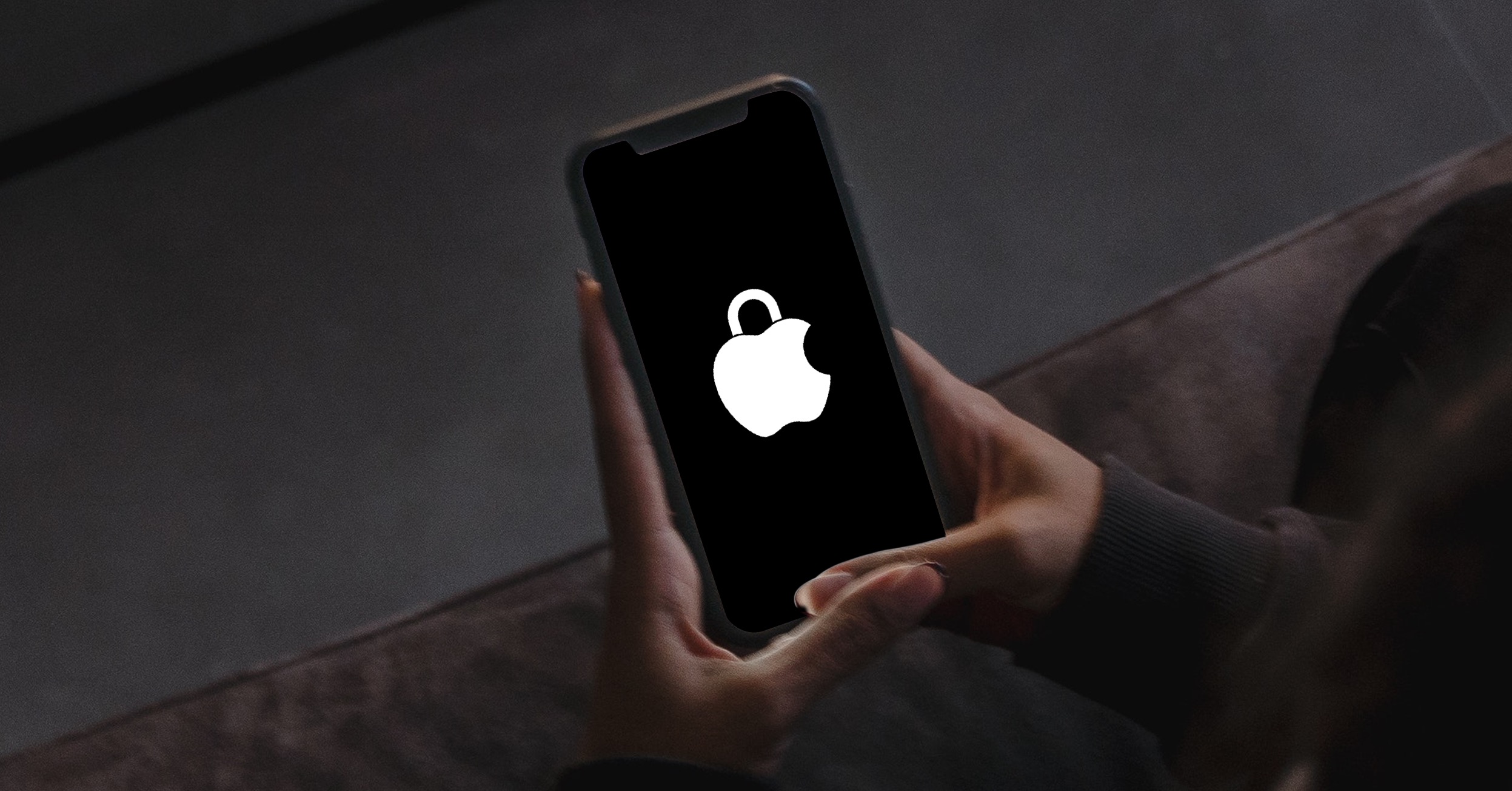
iPhone not resetting occasionally
Although our iPhones can last a relatively long time, it is definitely not a good idea to leave them on all the time. From time to time, try to remember and turn off your iPhone for a moment - it is not always necessary to perform a hard reset directly. Shutting down occasionally allows your iPhone to rest and close running apps and processes, reducing the strain on system resources.
It could be interest you
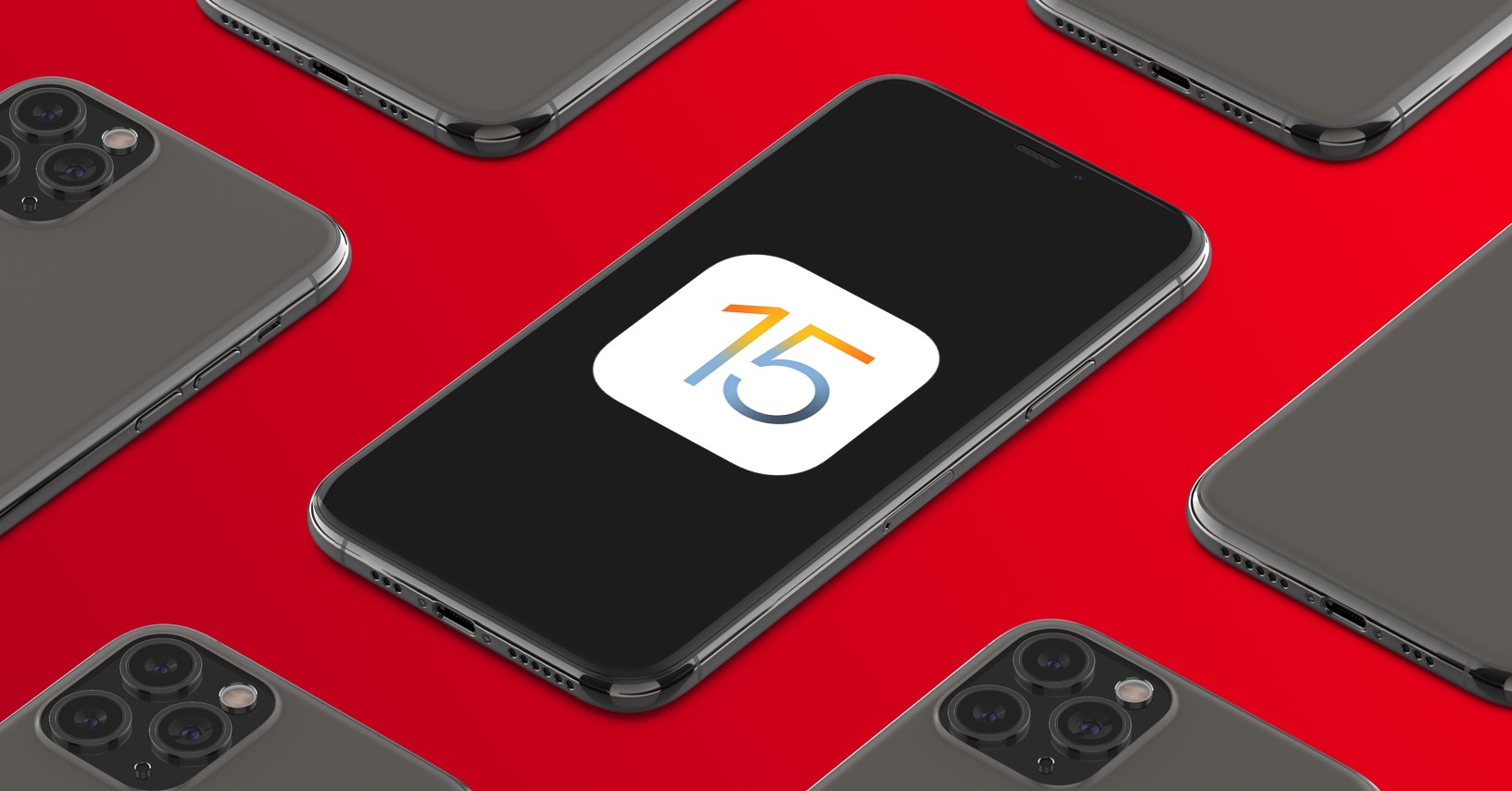
iPhone not connecting to Wi-Fi
True unlimited data is still more of a science fiction in our parts, even so, there is a surprisingly large group of users who do not turn on Wi-Fi on their iPhones. However, Wi-Fi activation is necessary to run a number of functions, improve accurate location recording, and so on.
Failure to set health and emergency information
Did you know that iPhones allow you to have health information at hand in case of an accident or emergency? In addition to emergency contacts, you can enter other details about your health in the Health ID in case you need medical help.
Discussion of the article
Discussion is not open for this article.
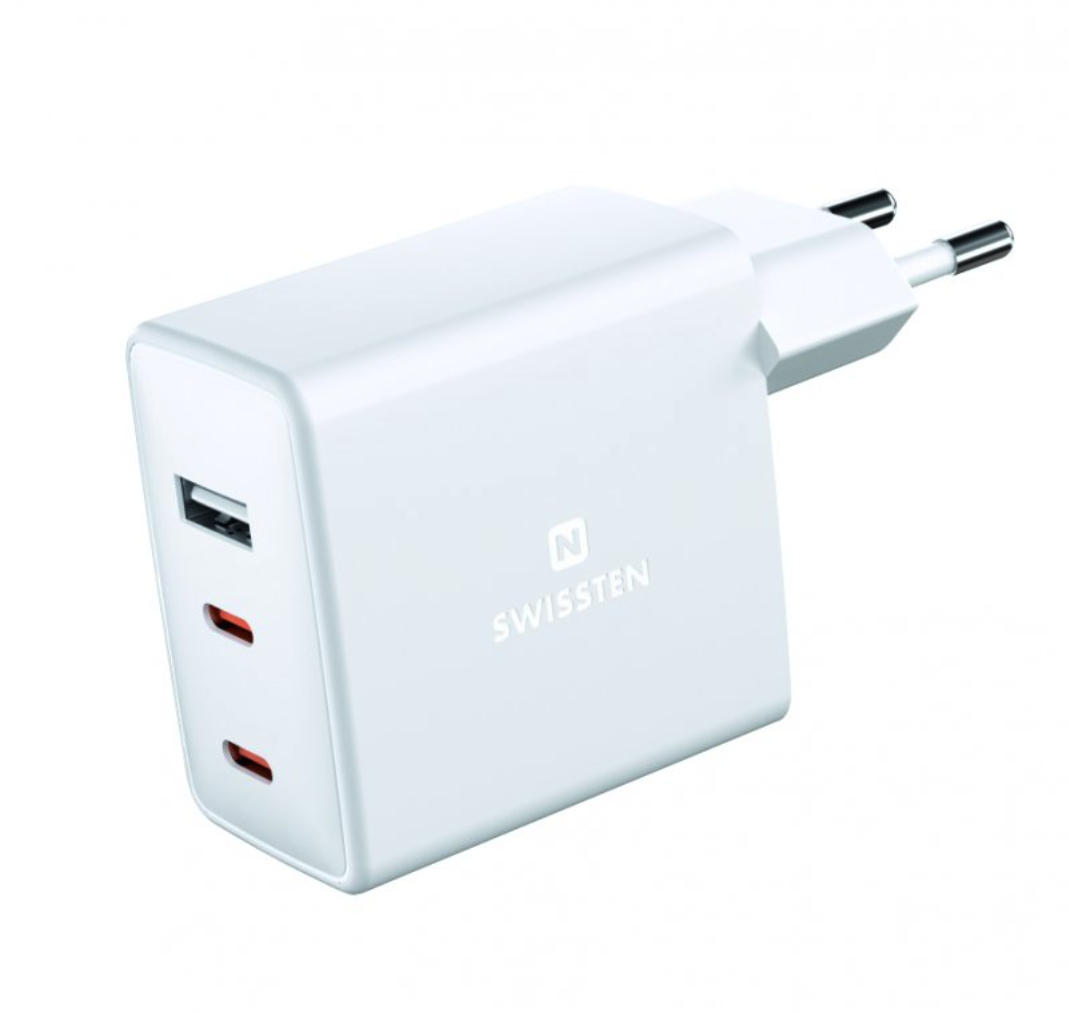
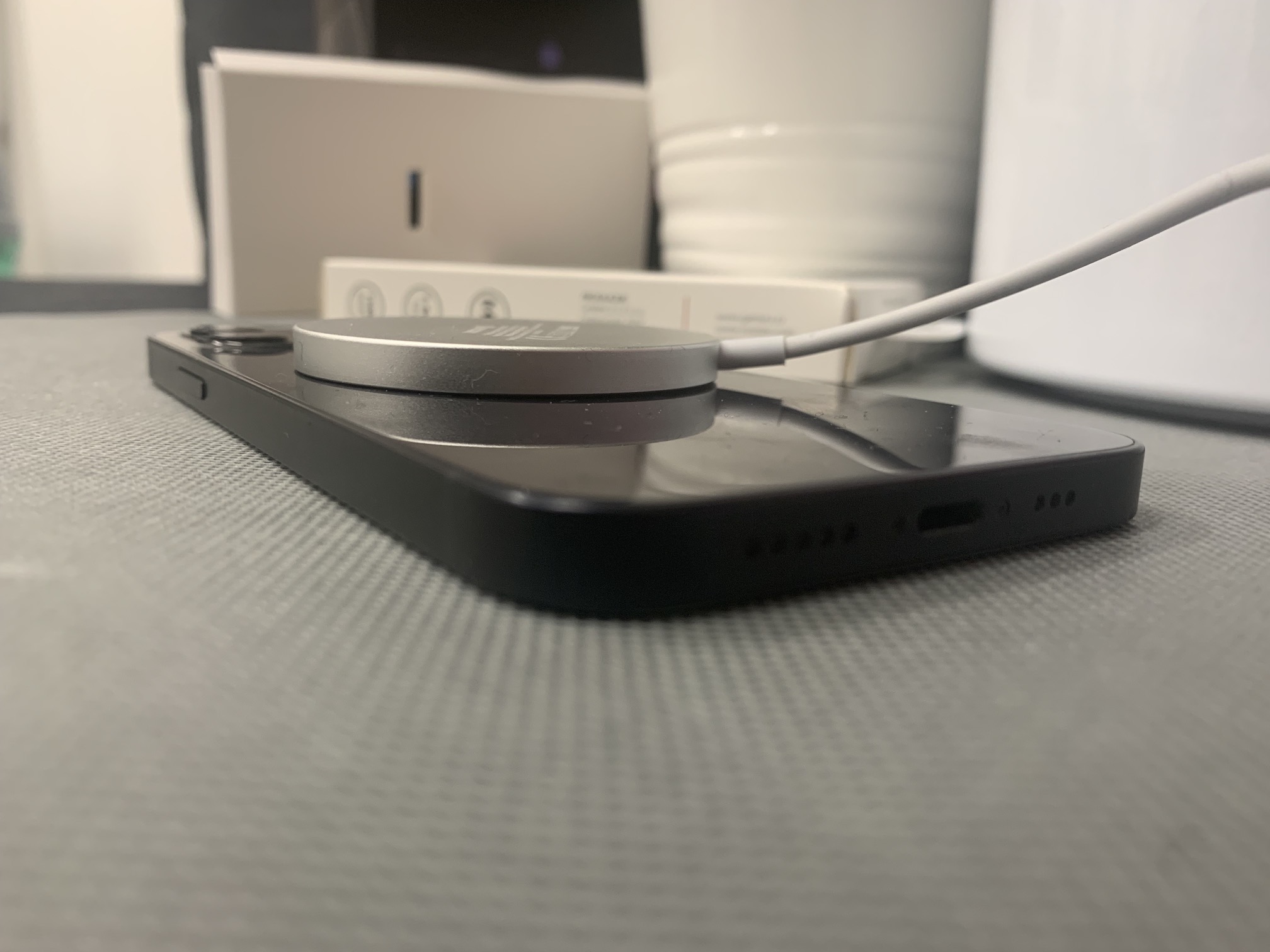
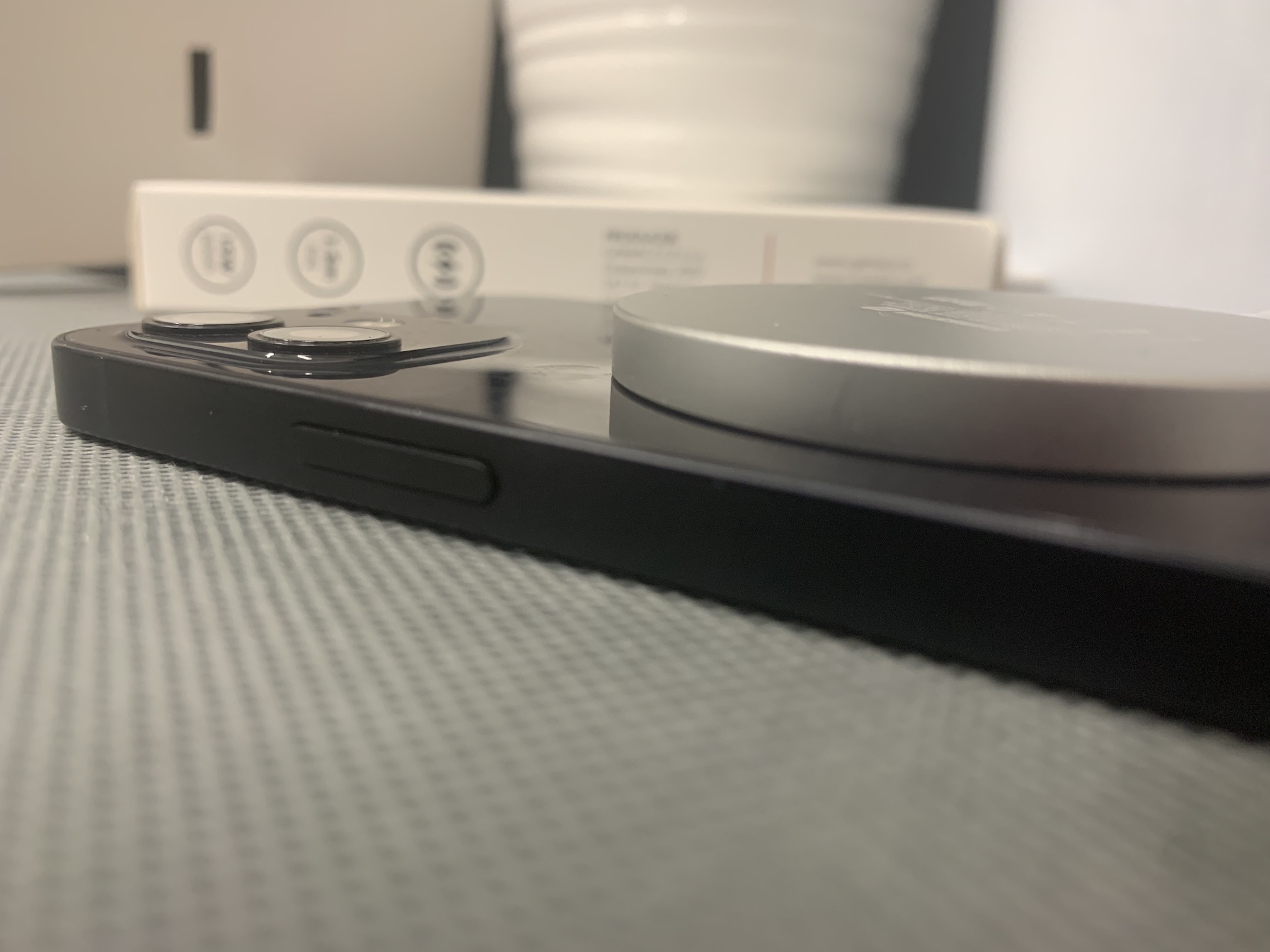
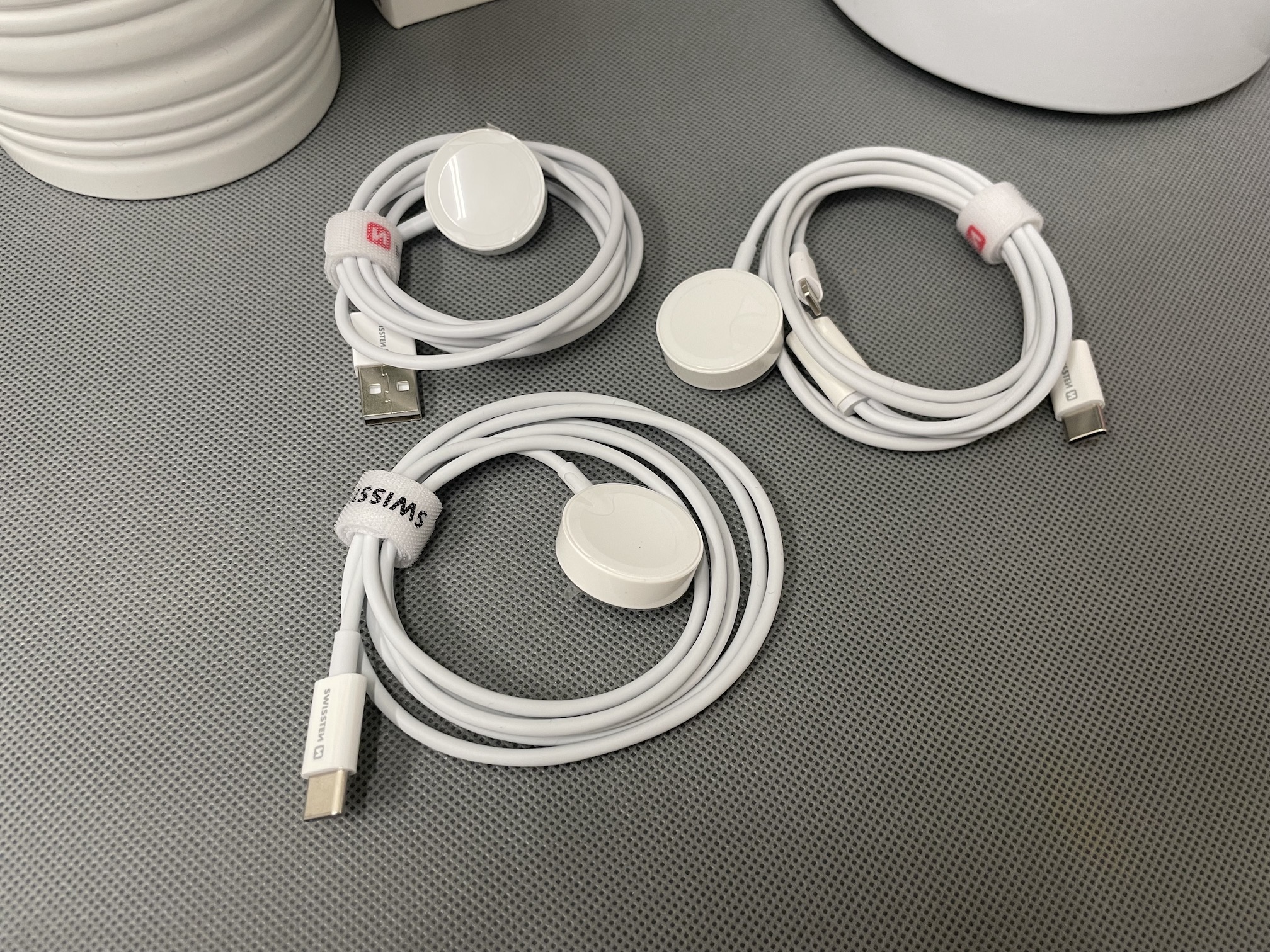
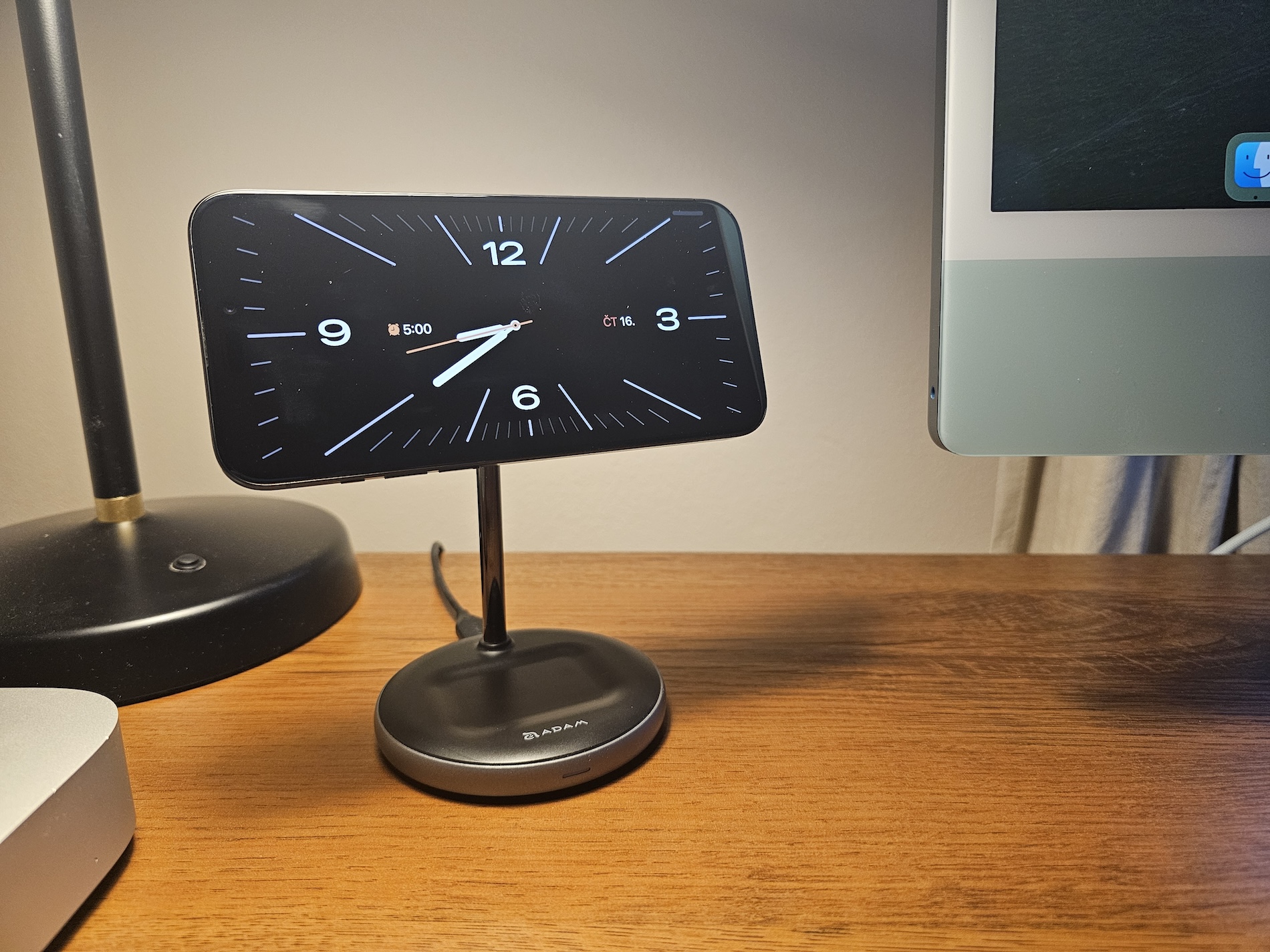
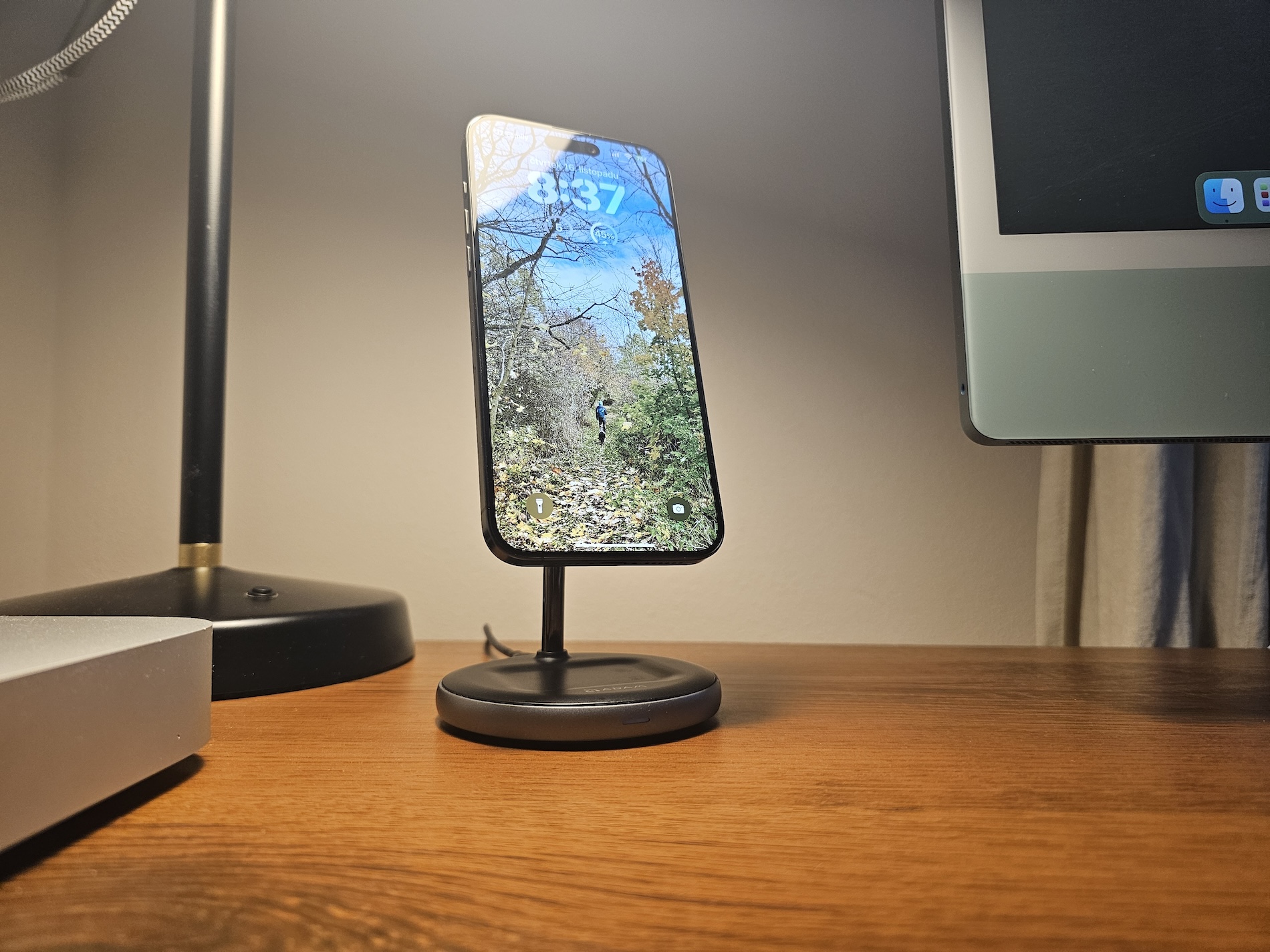
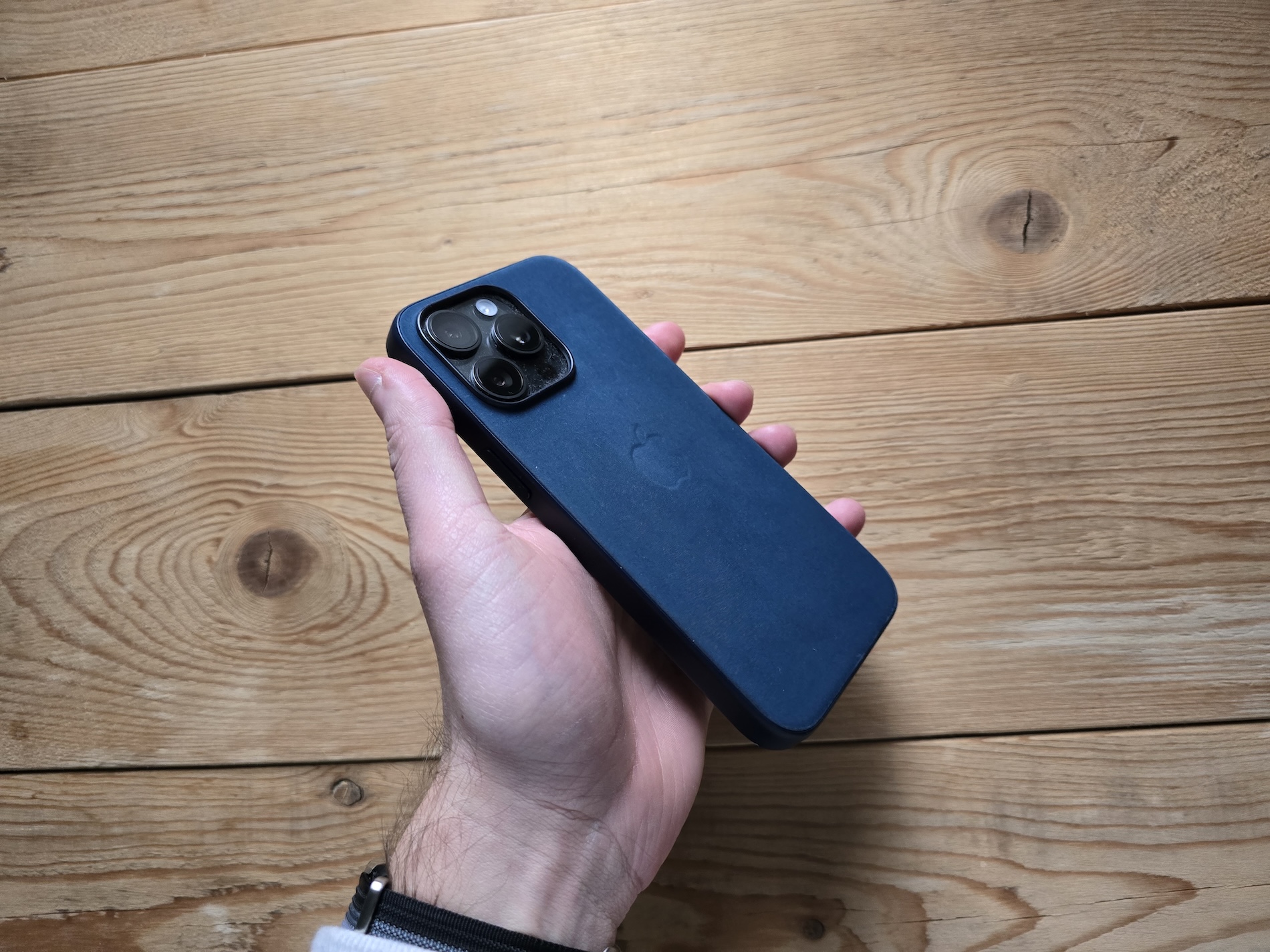
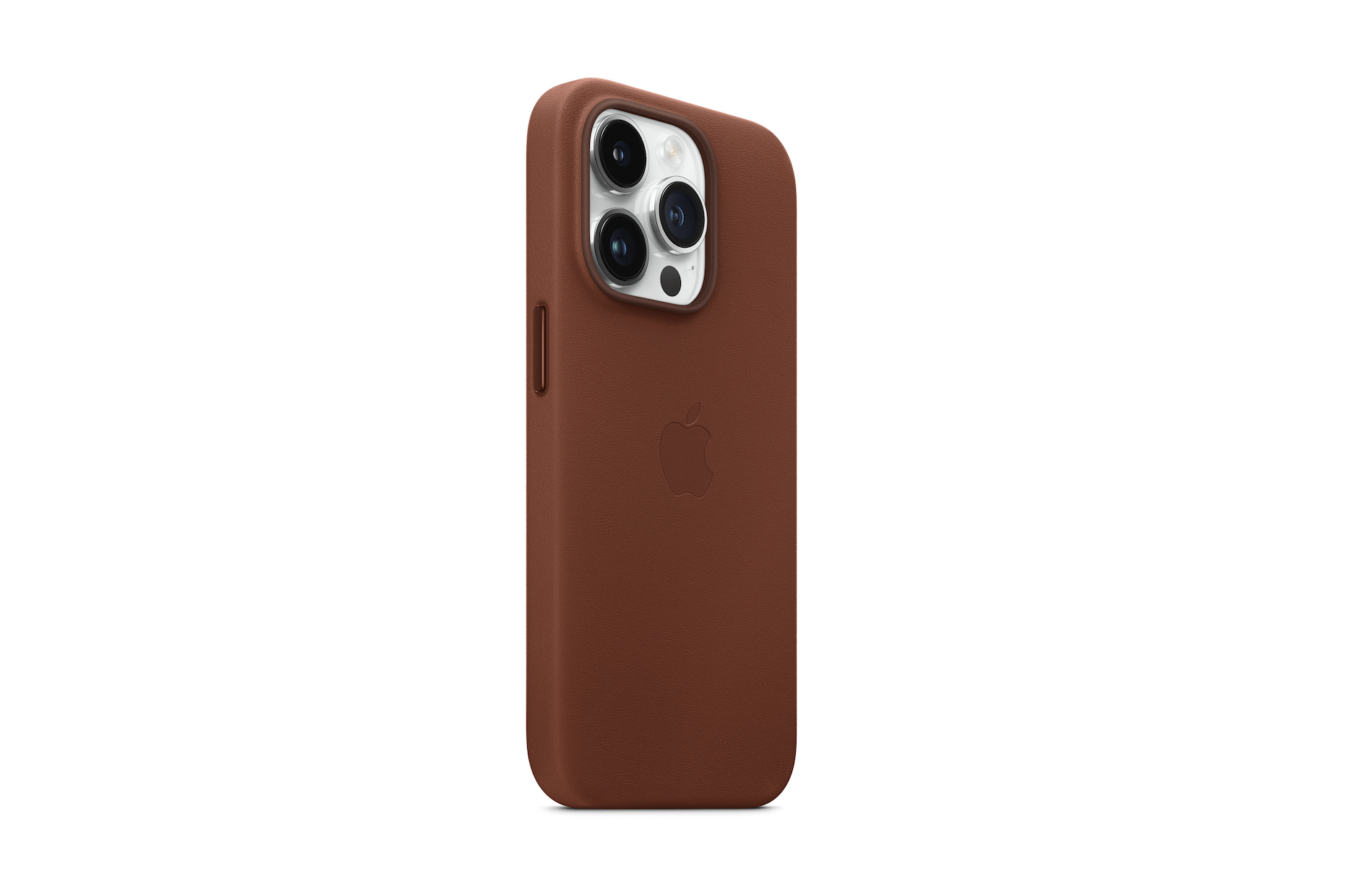
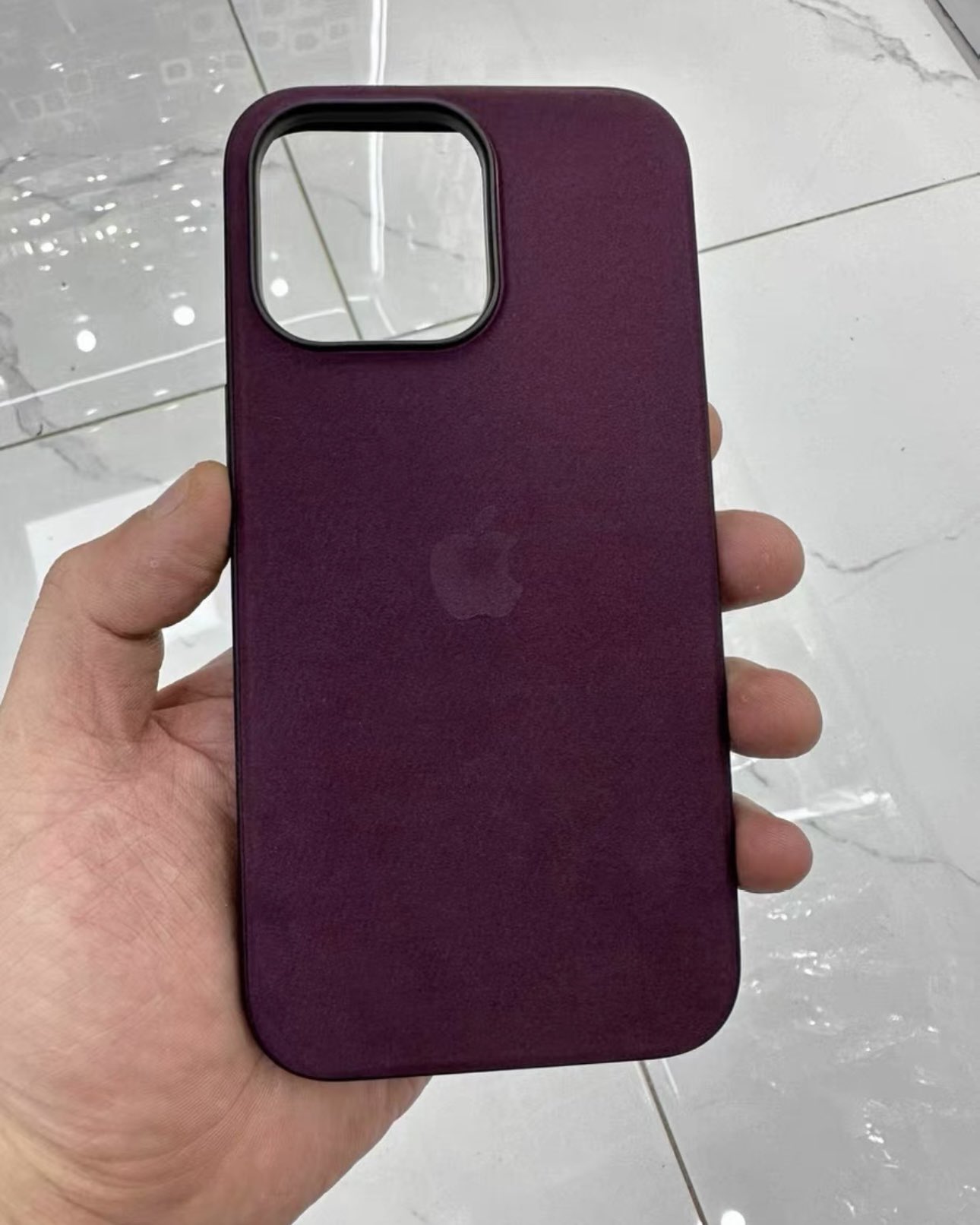
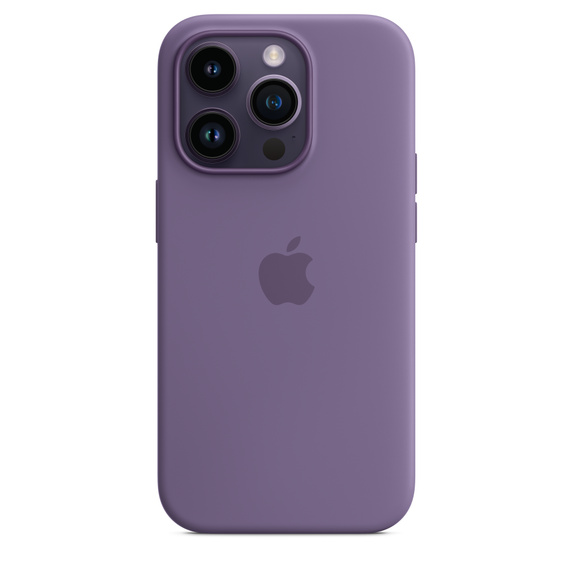
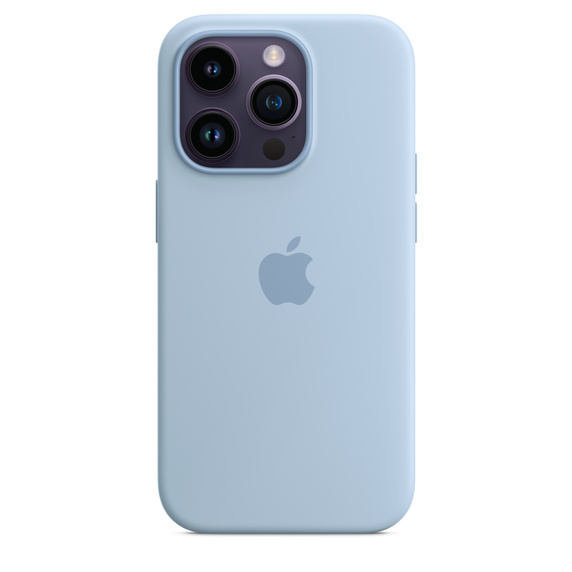
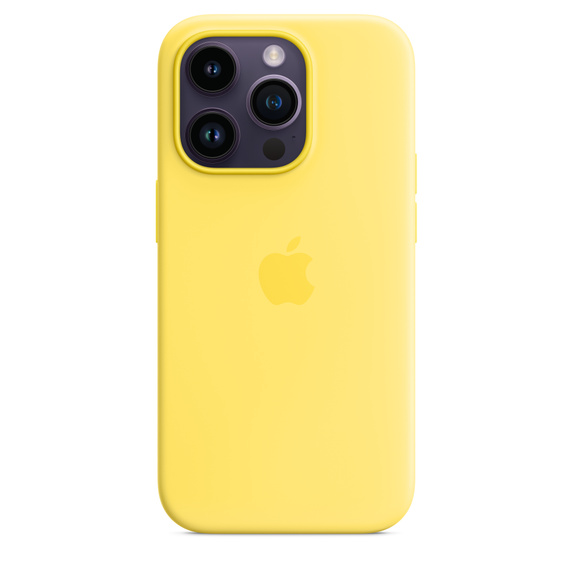
 Flying around the world with Apple
Flying around the world with Apple 
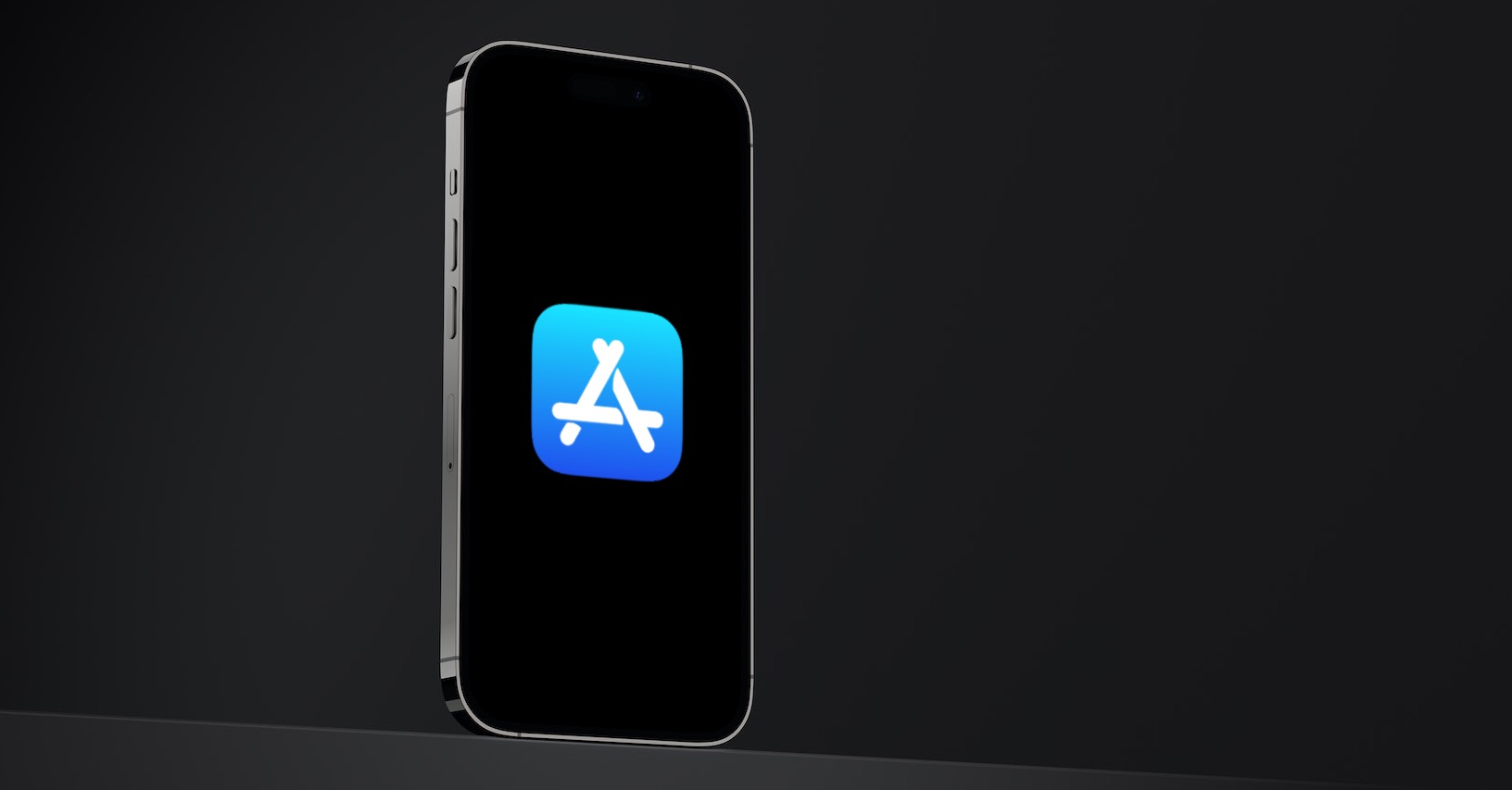
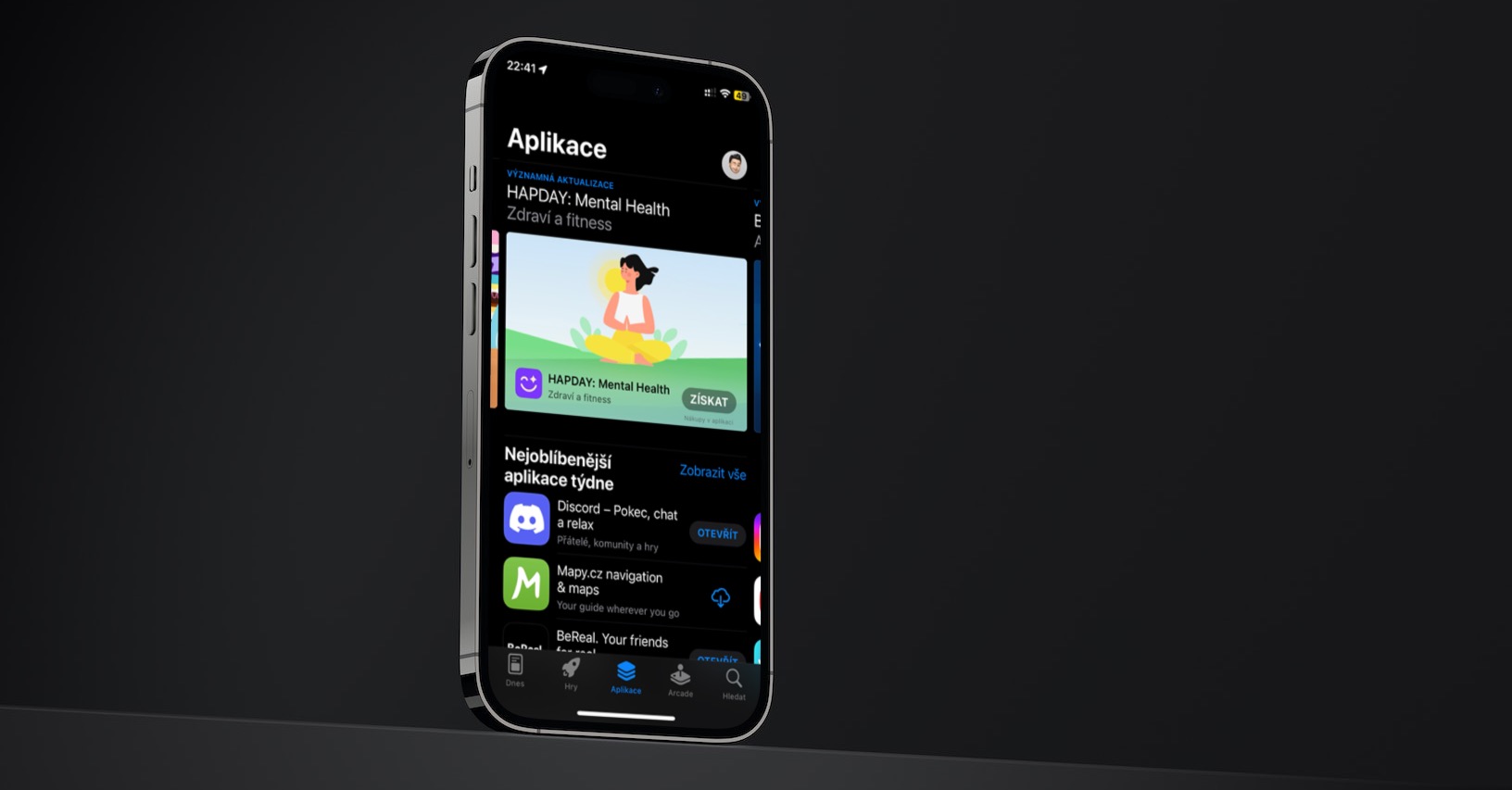

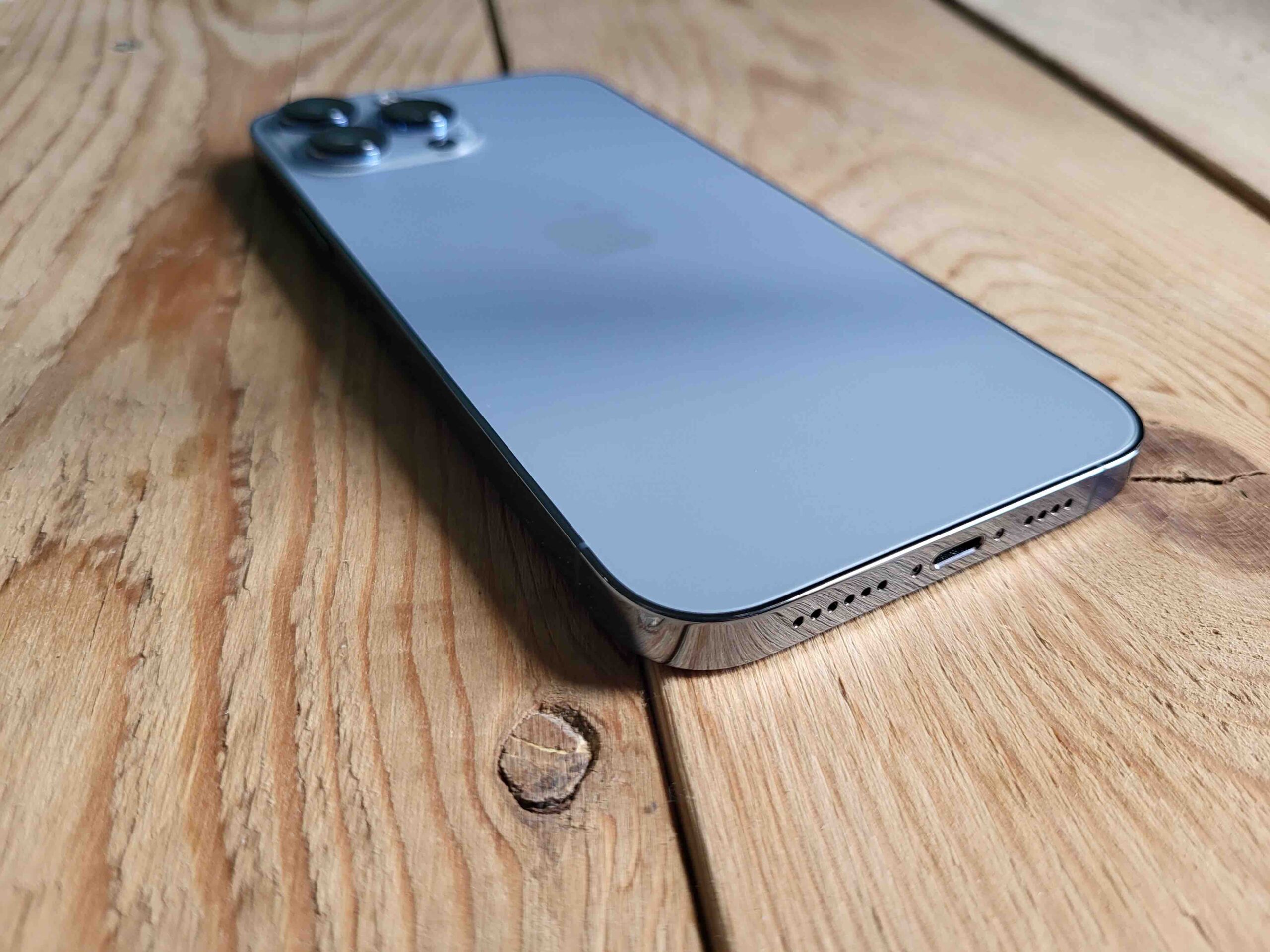
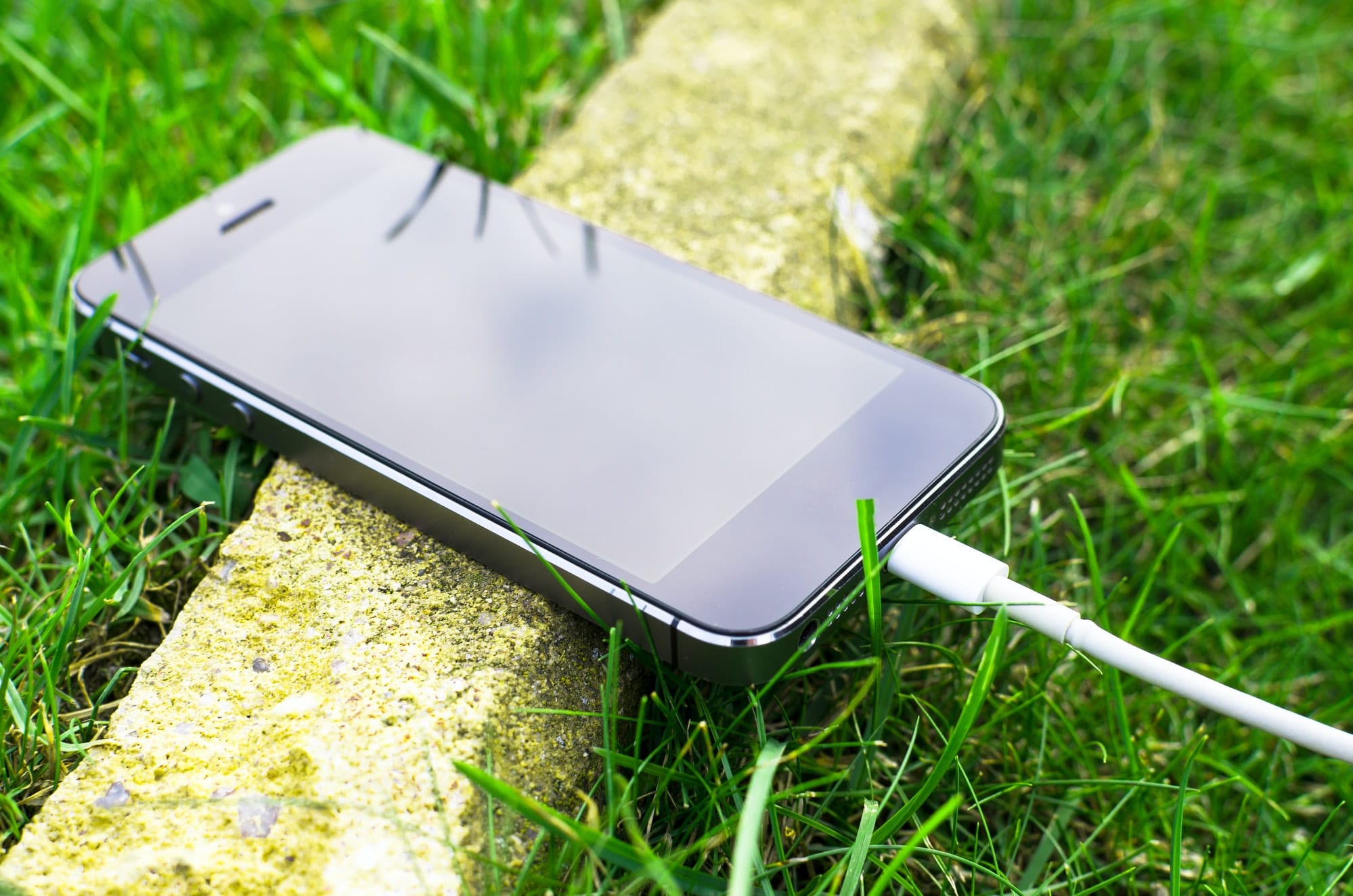
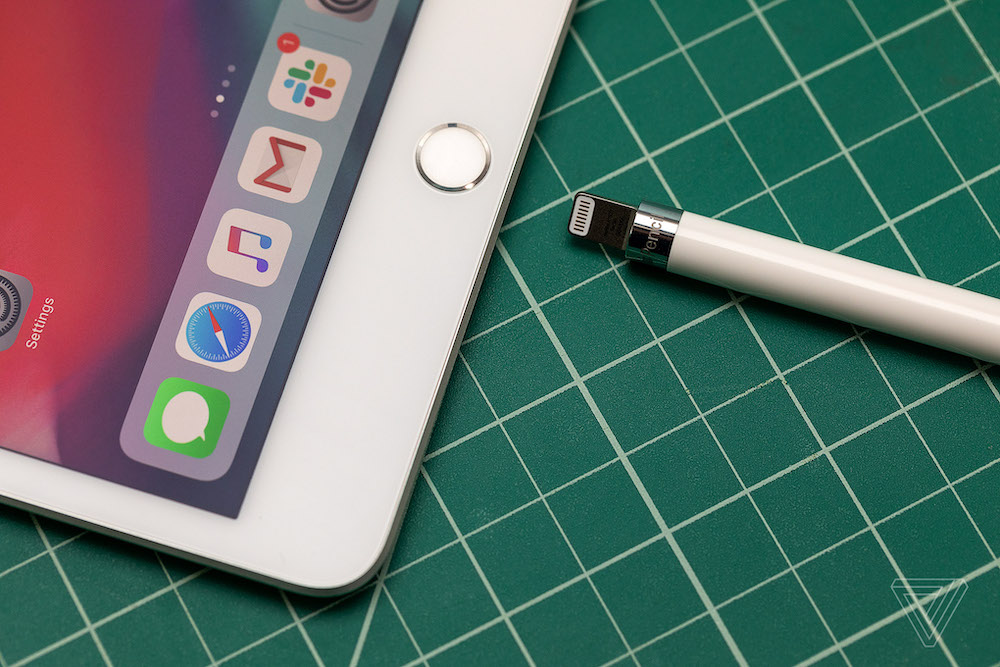
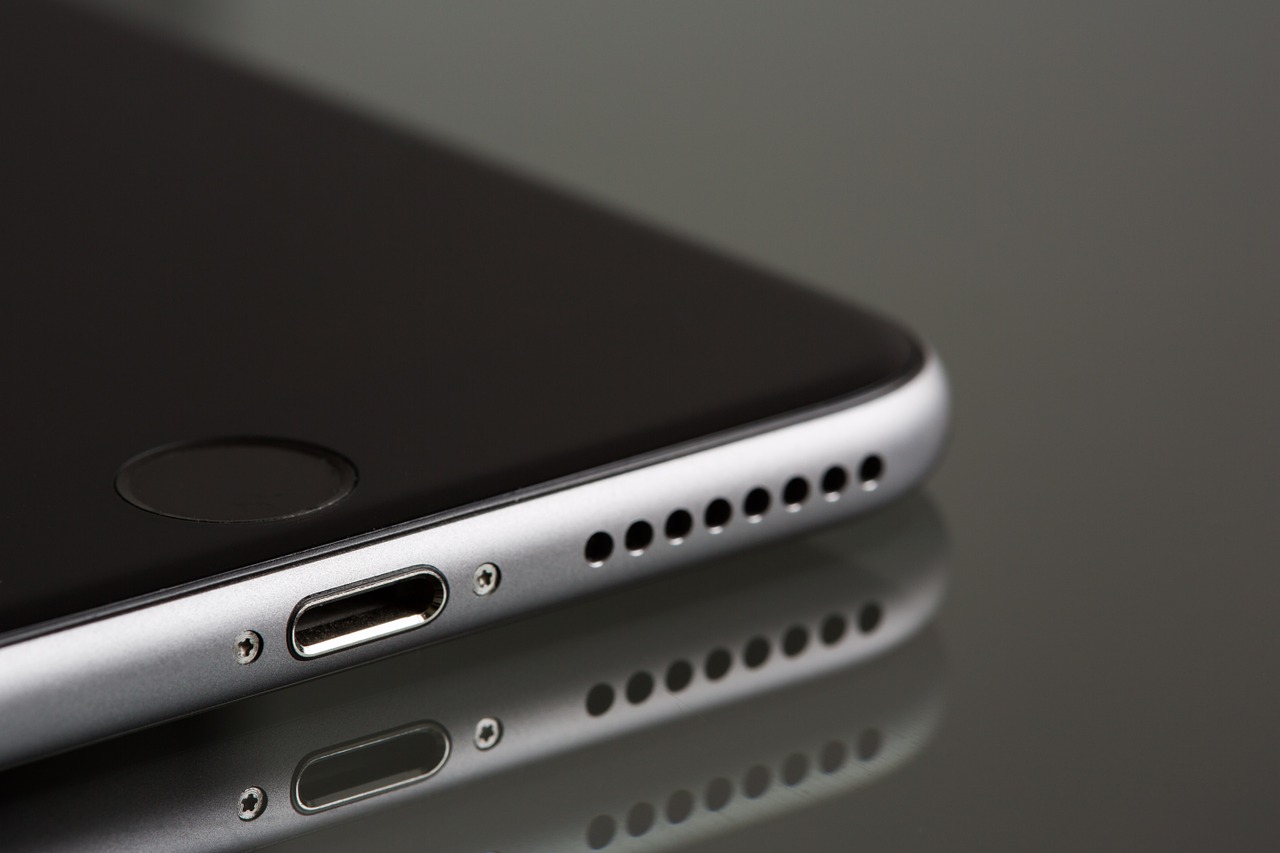
 Adam Kos
Adam Kos 